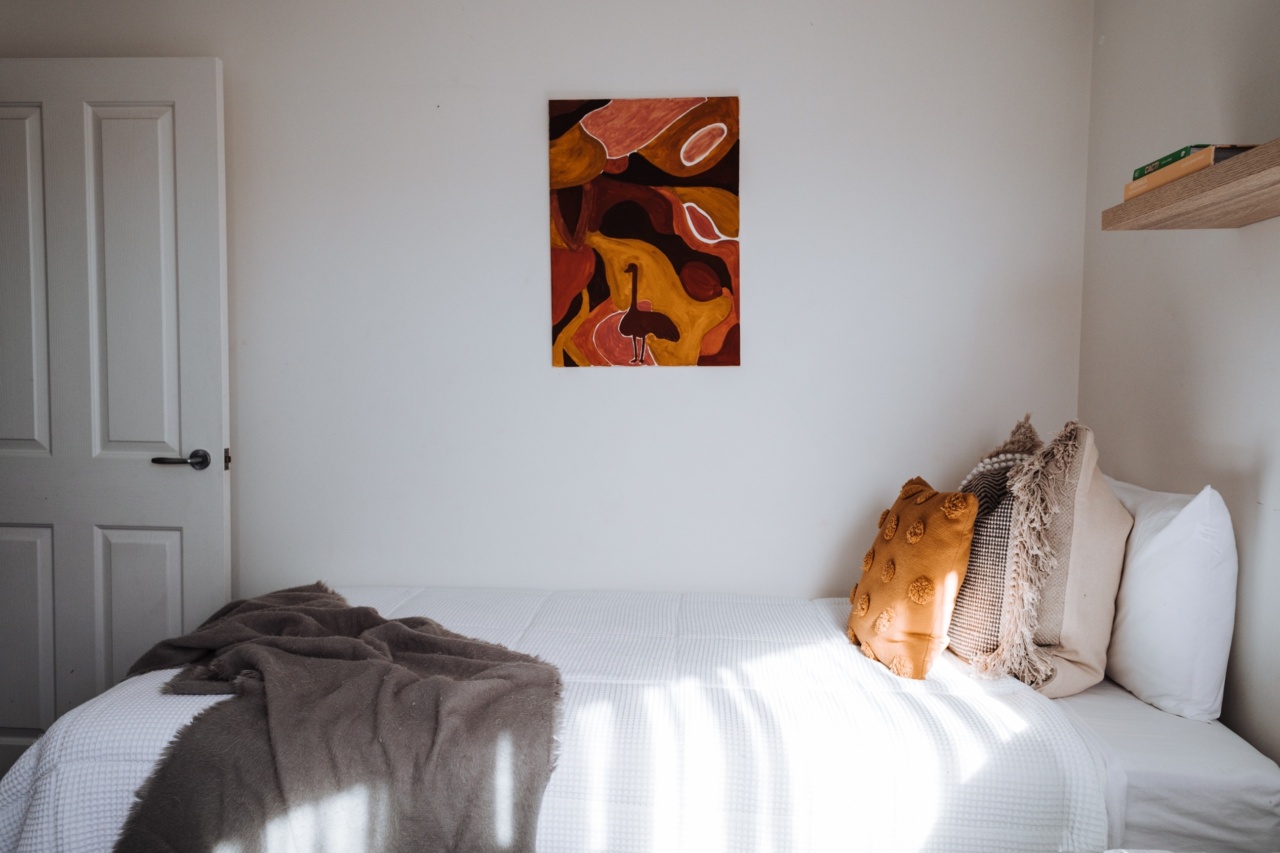Getting a good night’s sleep is crucial for our overall health and well-being. For couples, it can be challenging to ensure both individuals enjoy quality sleep.
However, with some simple habits and adjustments, you can create an environment that promotes better sleep for both you and your partner. Here are ten effective habits that couples can adopt to improve their sleep quality.
1. Establish a Consistent Sleep Schedule
One of the most important habits for better sleep is maintaining a consistent sleep schedule. Try to go to bed at the same time each night and wake up at the same time each morning, even on weekends.
This helps regulate your body’s internal clock and promotes more restful sleep.
2. Create a Calm and Comfortable Bedroom Environment
Your bedroom environment plays a significant role in your sleep quality. Make sure your bedroom is dark, quiet, and cool. Consider investing in blackout curtains, earplugs, or a white noise machine to eliminate any potential disturbances.
Additionally, ensure that your mattress and pillows are comfortable and supportive.
3. Limit Screen Time Before Bed
The blue light emitted by electronic devices such as smartphones, tablets, and computers can disrupt your sleep-wake cycle. Avoid using these devices for at least an hour before bed to allow your brain to wind down naturally.
Instead, consider engaging in relaxing activities such as reading a book or taking a warm bath.
4. Avoid Stimulants and Heavy Meals Before Bed
Consuming stimulants like caffeine and nicotine can interfere with your ability to fall asleep. Try to avoid consuming these substances in the evening.
Additionally, avoid eating heavy meals close to bedtime, as this can cause discomfort and indigestion, making it harder to sleep peacefully.
5. Develop a Bedtime Routine Together
Your bedtime routine can greatly influence your sleep quality. Collaborate with your partner to establish a relaxing routine that you both enjoy.
This could involve activities such as meditating, practicing gentle yoga, or having a quiet conversation before bed. The key is to find activities that help both of you unwind and prepare for sleep.
6. Communicate Openly about Sleep Preferences
Effective communication is crucial when it comes to sleep. Discuss your individual sleep preferences and any concerns you may have with your partner. Be open to compromise and find solutions that work for both of you.
This could involve finding a compromise on room temperature, choosing a suitable mattress, or even using separate blankets if needed.
7. Minimize Bedroom Disruptions
If one partner tends to be a restless sleeper or has a different sleep schedule, it can affect the other’s sleep quality. In such cases, it’s important to minimize bedroom disruptions.
Consider using earplugs, sleeping in separate beds, or using a white noise machine to drown out noises. If possible, find a solution that suits both partners’ needs for a peaceful night’s sleep.
8. Practice Stress-Reducing Techniques
Stress can significantly impact sleep quality. Help each other manage stress by practicing relaxation techniques together. This could involve deep breathing exercises, progressive muscle relaxation, or guided imagery.
By reducing stress levels, you can enhance your chances of enjoying a more restful night’s sleep.
9. Invest in a Comfortable Mattress and Bedding
Your sleep surface plays a vital role in your comfort and sleep quality. If your mattress is old or uncomfortable, it’s time for an upgrade. Invest in a high-quality mattress that suits both partners’ needs.
Additionally, choose bedding that promotes breathability and optimal temperature regulation, ensuring a comfortable sleep environment.
10. Seek Professional Help if Needed
If you or your partner are consistently struggling with sleep issues, consider seeking professional help. Sleep disorders such as sleep apnea or insomnia can significantly impact your sleep quality and overall health.
A healthcare professional can provide a thorough evaluation and recommend appropriate treatments or therapies to improve your sleep.































